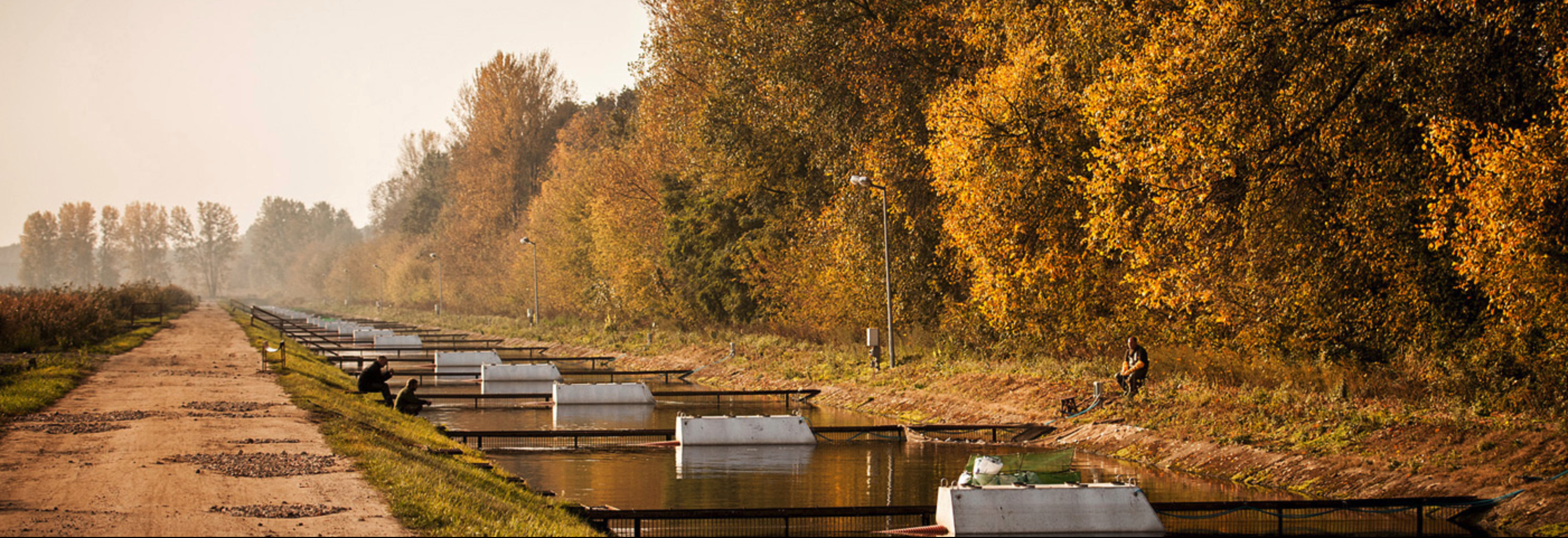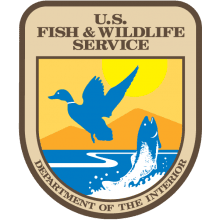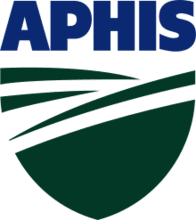
At Caviar Star, sustainability isn’t just a buzzword—it’s a responsibility. As stewards of a centuries-old delicacy, we recognize that the choices we make today directly impact the health of our oceans, the future of aquaculture, and the livelihoods of those who depend on these industries. Our sustainability policy is rooted in a simple yet powerful principle: meeting today’s needs without compromising the ability of future generations to meet theirs.
Our Commitment to a Sustainable Future
From our carefully sourced caviar and roes to our eco-conscious packaging and shipping practices, every aspect of our business is guided by a commitment to environmental responsibility. We partner with farms and fisheries that adhere to the highest sustainability standards, ensuring that our products not only meet rigorous quality expectations but also uphold ethical and ecological integrity.
As an industry leader, Caviar Star takes sustainability seriously—so much so that every caviar product we sell is 100% sustainable. We maintain full transparency in our sourcing, comply with strict U.S. regulations, and are annually inspected and authorized by key environmental and food safety organizations. But sustainability doesn’t stop at seafood. From our selection of dry goods to our shipping and waste reduction initiatives, we are dedicated to protecting our planet while delivering the finest gourmet experiences to our customers like you. Keep reading to discover how we uphold these values in every aspect of our operations—from responsible sourcing and ethical trade to sustainable packaging and carbon-neutral shipping.
Seafood Sustainability
In terms of seafood like salmon filets and caviar, sustainability means catching or farming seafood responsibly, with consideration for the long-term health of the environment and the livelihoods of the people that depend upon that environment. Our goal is to offer a variety of farm raised and wild-caught caviar and roes at the very best prices, while meeting all criteria. We source from farms that have good-standing reputations for sustainable practices, providing necessary transparency on where the caviar you purchase on our site originates.
How do you know the caviar you receive is sustainable? Look for affiliation with organizations and regulatory agencies responsible for sustainability.
Certifications
Caviar Star is very excited to say that all of our local, domestic and imported caviar is 100% sustainable. Supporting healthy and environmentally friendly practices is important to us as we believe that it produces a superior product for our customers. To guarantee that the products we sell are truly sustainable and adhere to the regulations set by the U.S. Government, Caviar Star/Great Atlantic Trading Inc. and its suppliers are inspected and authorized yearly by the following organizations:
U.S. Fish and Wildlife Service (FWS) - The trade of sturgeon/paddlefish caviar and meat is carefully regulated by the U.S. government. All import and export of these products must meet CITES requirements and must be declared to a U.S. Fish and Wildlife Service Inspector. Each wild-caught sturgeon and paddlefish harvested from U.S. waters is to be documented and reported to the FWS as well. Types of sturgeon that are listed as a threatened or endangered species are banned by FWS and illegal to buy and sell inside the United States of America.
Animal and Plant Health Inspection Service (APHIS) - This branch of the U.S Department of Agriculture (USDA) plays a vital role in ensuring the free flow of agricultural trade by keeping U.S. agricultural industries free from pests and diseases and certifying that the millions of U.S. agricultural and food products shipped to markets abroad meet the importing countries' entry requirements. They also keeps export markets open for American agricultural products by working to eliminate unjustified sanitary or phytosanitary (SPS) barriers. The APHIS plays an important part in observing and regulating the health of any plants and animals being traded in the domestic or global market in order to protect the world from the spread of infestation, disease, and foodborne illness.
National Oceanic and Atmospheric Administration (NOAA) - This branch of the U.S. Department of Commerce ensures, through science-based decision-making and compliance with regulations, that fisheries and fishing communities are both productive and sustainable. It also aims to recover and conserve protected marine resources by monitoring the domestic and international trade of such resources, inspecting the sources and distribution centers of marine products, as well as collecting and analyzing data at NOAA's five regional offices, six science centers, and more than 20 laboratories across the United States and U.S. territories.
Hazard Analysis Critical Control Point (HACCP) - This branch of the Food and Drug Administration (FDA) is a management system in which food safety is addressed through the analysis and control of biological, chemical, and physical hazards from raw material production, procurement and handling, to manufacturing, distribution and consumption of the finished product. The HACCP assesses every aspect of the processes involved in making food goods as well as inspecting the facilities and equipment that come into contact with the product.
Dry Goods Sustainability
Our non-seafood items are produced by small, often family owned companies. All of our suppliers must comply with U.S.A. health standards and have FDA authorization in order to reach the American marketplace. Additionally, we validate each suppliers production techniques to make sure our products were made using natural ingredients and green practices, protecting sources of key ingredients for years to come.
Day-to-Day Operations
At Caviar Star, sustainability is woven into every aspect of our daily operations. Our team takes a hands-on approach to reducing waste by meticulously hand-washing and recycling all plastic and glass containers, ensuring they don’t end up in landfills unnecessarily. We go a step further with our commitment to eco-friendly packaging by repurposing every piece of cardboard waste that enters our facility. Instead of relying on environmentally harmful styrofoam or plastic fillers, we use an innovative cardboard shredding process to create protective, sustainable packaging materials—keeping our non-perishable goods secure while keeping waste to a minimum.
These small but impactful choices reflect our unwavering dedication to protecting the planet, one shipment at a time.

Great Atlantic Trading Inc (Caviar Star) pays a fee on every shipment through UPS so they can purchase certified carbon (CO2) offsets as a way to balance out the emissions produced by the transportation of shipments. UPS manages everything from calculating the carbon dioxide (CO2) emissions to purchasing and retiring the carbon offsets, partnering with third-party verification and certification organizations to help validate the service’s credibility. Through its payments to UPS, Caviar Star contributes to numerous projects, including reforestation, landfill gas destruction, wastewater treatment, and methane destruction.
You can find out more about CarbonNeutral® projects and Climate Impact Partnerships through the UPS Shipment Program. Carbon Neutral Credentials for UPS are also available on their website.






